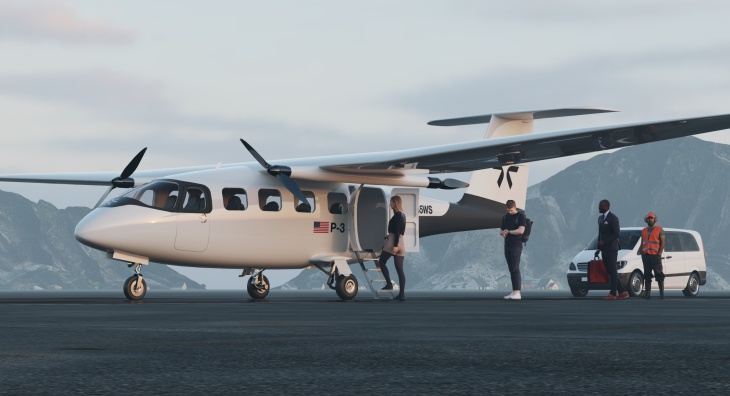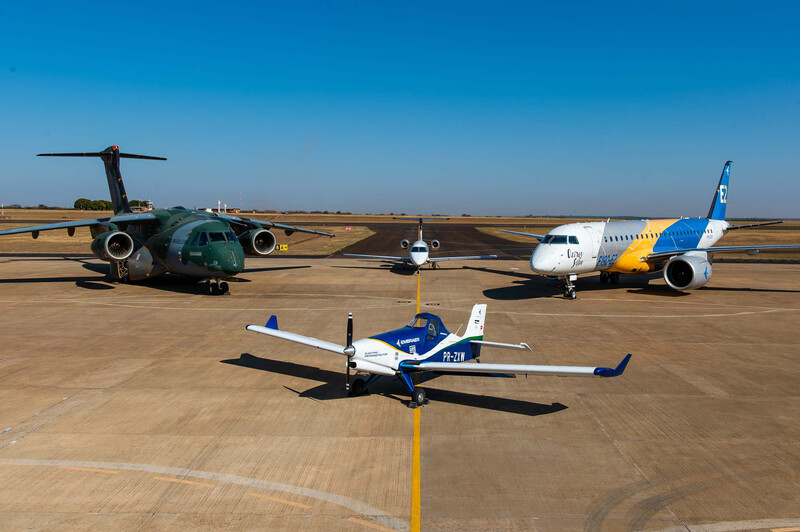Accelerating Innovation Embraer, a major Brazilian airframe developer, and Pyka, an Oakland, California-based autonomous agricultural aircraft builder, are teaming up. They hope, “To accelerate the future of autonomous aerial agriculture operations.” Beyond that, Pyka is expanding into regional air transport which could open 5,000 U. S. airports to usually unserved areas. Pyka has flown autonomous agricultural aircraft in New Zealand for over two years, demonstrating high efficiency and economy in aerial application, or crop dusting (or spraying) as it’s historically called. Apparently, the island nation’s Part 101 and 102 civil aviation licensing requirements are receptive to such flight. According to Dan Grossman, Pyka’s new President (and formerly of Zipcar, Ford and Maven), Pelican made more than 3,000 flights. Airframer.com reports, “Grossman joins a team of former Joby Aviation, Google, Wisk, Makani and Saildrone engineers and leaders. ‘Electric and hydrogen propulsion technologies are playing an increasingly important role in the future of human mobility,’ he says. ‘Pyka’s benchmark-setting electric propulsion systems, …
Embraer Electrifies Agricultural Aviation
Embraer, a Brazilian aircraft maker with ties to Boeing, has been tilling the clean aviation field for several years. Their current agricultural craft, the EMB 203, has flown on ethanol for some years – a kind of farm-to-aircraft symbiotic relationship. Going to the next step toward clean, green aviation, Embraer has since devised an electrical powertrain in cooperation with WEG Equipamentos Elétricos and EDP. Embraer is deeply involved in programs headed toward making the skies greener. This includes everything from their aircraft designs to their “DIPAS PROGRAM – DIPAS (Integrated Development of an Environmentally Sustainable Product).” This program considers “current and future environmental legislation,” alternative technologies and their life cycles. The program works toward reducing fuel consumption, CO2 emissions, noise, and maintenance costs, while, “Increasing operational efficiency and comfort for the pilot and passengers.” Other operations to incorporate electrification of flight include Embraer X’s Eve, the company’s approach to urban aerial mobility, and other efforts to offset or mitigate harmful …


